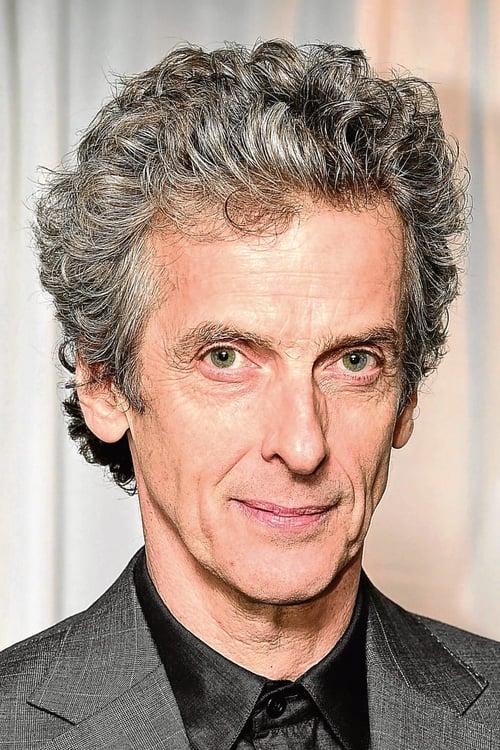Inside the Mind of Leonardo (2013)
Gênero : Cinema TV, Documentário
Runtime : 1H 25M
Director : Julian Jones
Sinopse
Inside The Mind of Leonardo is based on the artist’s private journals dating from the Italian Renaissance. With over 6,000 pages of handwritten notes and drawings, da Vinci’s private journals are the most comprehensive documents that chronicle the work of the world’s most renowned inventor, philosopher, painter and genius. Using this precious collection of writings and drawings to recount Da Vinci’s story in his own words, and combining them with stunning visual effects and 3D technology, we re-create the mindscape and ideas of mankind’s greatest polymath.
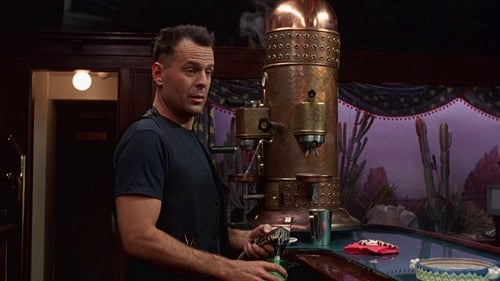
Um ex-presidário é chantageado por um casal rico para descobrir os detalhes da alquimia de Leonardo da Vinci.

O clássico conto da Gata Borralheira ganha uma nova versão, mostrando o que seria a “verdadeira” história da Cinderela. Danielle perde seu pai muito nova e é criada por uma madrasta muito má. Já crescida, ela se apaixona pelo Príncipe Henry, o que pode estragar os planos ambiciosos da madrasta.
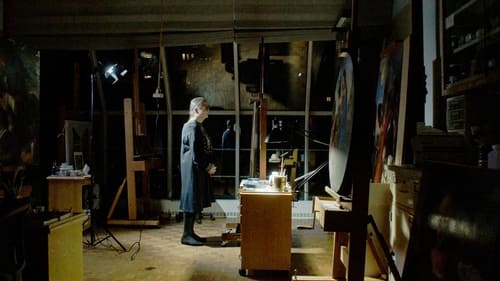
O filme narra o mistério em torno de "Salvator Mundi", a primeira pintura de Leonardo da Vinci a ser descoberta há mais de um século, que agora aparentemente desapareceu.

Um professor (Saverio) e um bedel (Mario) são dois amigos que de alguma forma se perdem em um lugar da Itália e voltam no tempo. Eles se veem no final do século 15. Sendo assim, eles tentam mudar a história, ensinando Leonardo da Vinci a jogar cartas. Também tentam parar Colombo, cantam uma canção dos Beatles etc ...
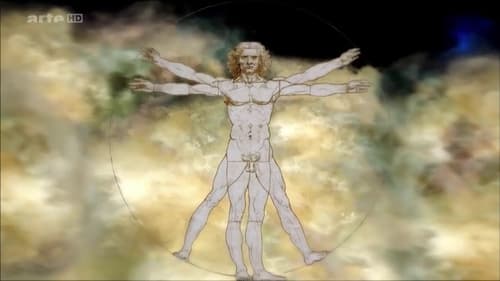
Inside The Mind of Leonardo is based on the artist’s private journals dating from the Italian Renaissance. With over 6,000 pages of handwritten notes and drawings, da Vinci’s private journals are the most comprehensive documents that chronicle the work of the world’s most renowned inventor, philosopher, painter and genius. Using this precious collection of writings and drawings to recount Da Vinci’s story in his own words, and combining them with stunning visual effects and 3D technology, we re-create the mindscape and ideas of mankind’s greatest polymath.

Leonardo da Vinci is not just the most famous and most admired of all painters - he is an icon, a superstar. Yet, the man himself remains elusive. Accounts during his lifetime describe a man too handsome, too strong, too perfect to be accurate. But in 2009, the chance discovery in the South of Italy of an ancient portrait with strangely familiar features takes the art world by storm. Could this be an unknown self-portrait by Leonardo da Vinci? Controversy erupts among the experts. The implications of such a discovery have far-reaching consequences for our understanding of the work of this great Renaissance master.

A guided tour through the corridors of the Louvre to closely contemplate the works of Leonardo in the company of the curators of the exhibition, Vincent Delieuvin and Louis Frank.
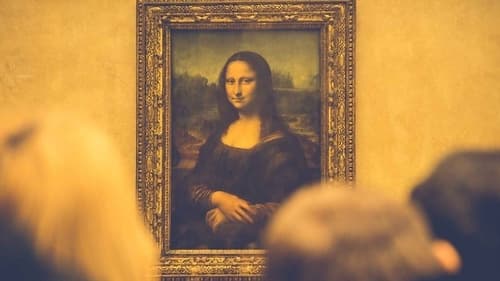
This landmark film uses new evidence to investigate the truth behind Mona Lisa's identity and where she lived. It decodes centuries-old documents and uses state-of-the-art technology that could unlock the long-hidden truths of history's most iconic work of art.

Leonardo Da Vinci foi um verdadeiro gênio. Com uma curiosidade insaciável, destacou-se como cientista, matemático, engenheiro, inventor, anatomista, pintor, poeta e músico.

Paris, 1911. When Da Vinci's painting “La Gioconda” is stolen from the Louvre museum, it is suspected that the authors of the audacious theft are members of a group of bohemian artists led by painter Pablo Ruiz Picasso and poet Guillaume Apollinaire…

Using Leonardo Da Vinci's innovative designs for weapons of war, flying engines and other machinery, three brothers join forces to fight a wicked and powerful Duke in early-Renaissance Italy.
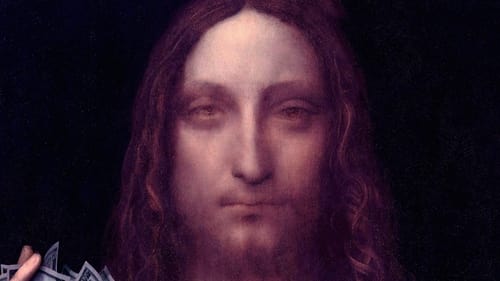
In November 15, 2017, the painting Salvator Mundi, attributed to Italian artist Leonardo da Vinci (1452-1519), was sold for an unprecedented $450 million. An examination of the dirty secrets of the art world and the surprising story of how a work of art is capable of upsetting both personal and geopolitical interests.
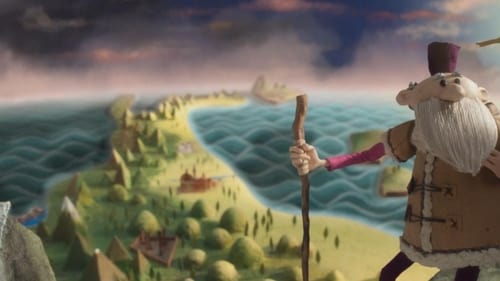
The insatiably curious and headstrong inventor Leonardo da Vinci leaves Italy to join the French court, where he can experiment freely, inventing flying contraptions, incredible machines, and study the human body. There, joined in his adventure by the audacious princess Marguerite, Leonardo will uncover the answer to the ultimate question – "What is the meaning of it all?"
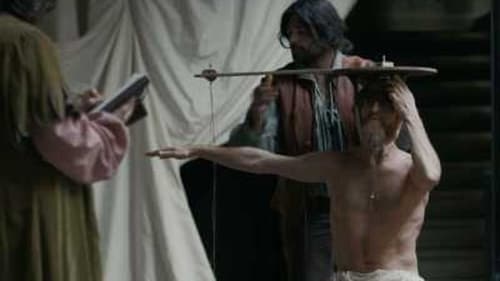
Leonardo da Vinci é conhecido como um artista e inventor extraordinário, porém pesquisadores descobriram, em manuscritos antigos, desenhos e tratados que prefiguram muitas de suas invenções e datam de tempos como a Grécia clássica.

Janina Ramirez explores the BBC archives to create a TV history of Leonardo Da Vinci, discovering what lies beneath the Mona Lisa and even how he acquired his anatomical knowledge.

Leonardo da Vinci finds it difficult to pursue his own dreams while serving as the Duke's court artist, but young Roberto takes risks to convince the Master not to give up on his dreams. In this moving story of friendship, the Renaissance genius invents a flying machine and helps Roberto reach new heights.
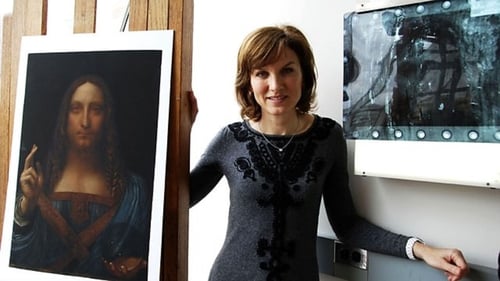
Leonardo da Vinci is considered by many to be one of the greatest artists who ever lived. Yet his reputation rests on only a handful of pictures - including the world's most famous painting, the Mona Lisa.

"This installation or performance work puts my own earlier film of the Mona Lisa (1973) through another stage of transformation – my own irretrievable self of some 34 years ago is now also part of the subject I first saw the ‘actual’ ‘Mona Lisa’ when I was about thirteen. Of course I had seen dozens of reproductions in books and postcards by then and the popular mythology of the enigmatic smile was already well engrained in my mind. My strongest impression, as I recall, was how small and unsurprising it was – a heavily protected cultural icon – no longer really a picture – and I was much more excited by the painting of the distant landscape than by the face. My own ‘version’ of ‘la Giaconda’ was never an homage, nor like Marcel Duchamp’s ‘L.H.O.O.Q’, an attack on its cultural power. Instead it came from a fascination with change and transformation – maybe also with arbitrary appropriation." Malcolm Le Grice

